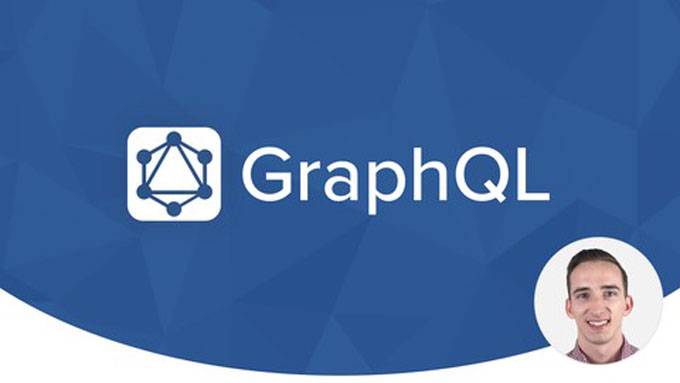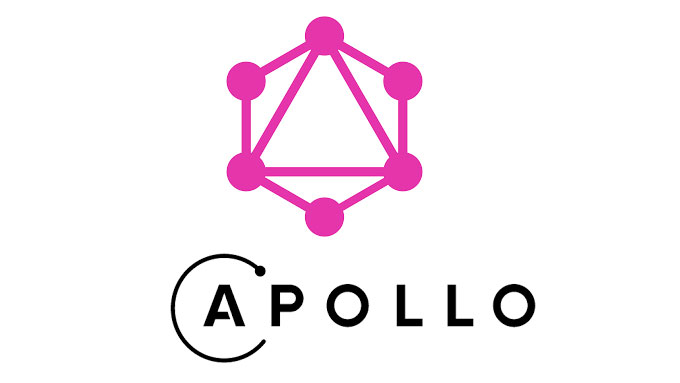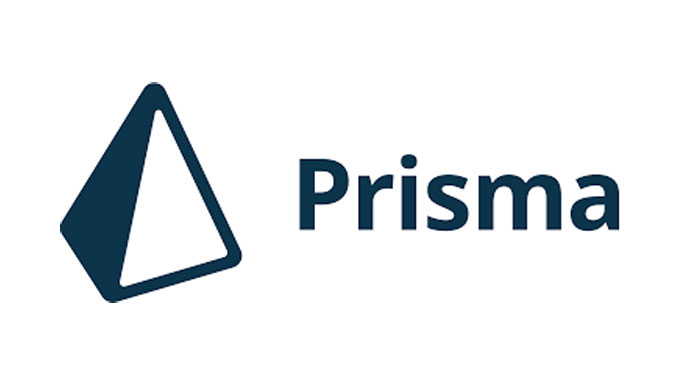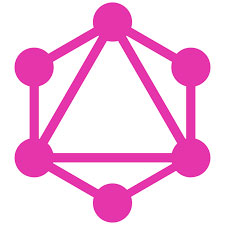
How to lean to build your own GraphQL applications? How to master both Node.js and Apollo programming technologies? This The Modern GraphQL Bootcamp (with Node.js and Apollo) course is for you. It is taught by the top-rating Udemy instructor of Andrew Mead. Till now, there have been over 17,717 students enrolled and the course has an average 4.7 top rating.
Want to learn this up-to-date and engaging GraphQL course at a lower price today? The Udemy special offer will provide you a BIG discount up to 95% off. You can click the following button to obtain it immediately.
Take This Course Now for 88% Off!
The Modern GraphQL Bootcamp (with Node.js and Apollo) course keeps up the up-to-date Node.js programming skills, GraphQL, and all you need to know about Apollo Client. This course is intended for those learners who want to be a master in working with GraphQL and building real-world Node applications. This course includes 23.5 hours of on-demand video guide, 93 downloadable resources, and 118 lectures. To complete this course still needs you a strong interest to get the most out of it. When it comes to the topics of Node.js and GraphQL, you may consider what I should learn about them. This The Modern GraphQL Bootcamp (with Node.js and Apollo) course will give you an answer.
In The Modern GraphQL Bootcamp (with Node.js and Apollo) course, you will not merely learn GraphQL but also acquire the up-to-date skills and techniques to build some back-end application using Node.js. You will learn to take all your learning into practices by building quality real-world Node apps. You will learn how to work with Apollo client and use it for better communications with GraphQL from your web app. You will learn to utilize Prisma to store and access data from a production database, you will learn how to build, develop, and test your own GraphQL applications. You will also learn everything you need to master about Apollo client and testing GraphQL. After completing this course, you will be able to improve your Node skills to the better level and be more professional in building advanced Node applications.
Course’s requirements and targets:
The Modern GraphQL Bootcamp (with Node.js and Apollo) course is designed for anyone who want to master the latest skills of GraphQL, Node.JS and Apollo. A prerequisite to learn this course is that learners should know the basics of Node and JavaScript programming languages. If you’re an experienced programmer and willing to level up your current Node.js skills, this course will provide you a good boot camp.
What is a GraphQL? This The Modern GraphQL Bootcamp (with Node.js and Apollo) course will explain that well. Facebook introduced GraphQL in 2012, as an open-source query language. Predictably, this company always stood at the summit of web-based software development. Facebook used GraphQL since 2012 for their mobile applications as an efficient alternative to other common REST architecture. This query language is generally used to load data from a server to a client and allows the client to specify exactly what data it needs. Collecting data from multiple sources was made dramatically easier with the use of GraphQL. This programing language was efficient enough to drastically reduce the network usage for Facebook’s mobile applications.

Main Objectives of GraphQL
Features of GraphQL
By incorporating numerous structures behind its API, GraphQL amalgamates them and conceals their intricacy. The GraphQL server is also accountable for retrieving the data from the systems in existence and wrapping it up according to the GraphQL response layout. To learn more about GraphQL, this The Modern GraphQL Bootcamp (with Node.js and Apollo) course will help you.
As mentioned before, other API documentations describe separate endpoints, functions they provide, and the limitations a founder can put on them. Explaining the data variations, fields, and the interlinkage points in the middle of them, GraphQL API allows developers to customize the request to receive the information they require.
GraphQL resolves this efficiency problem of either retrieving too much data or no data at all by recovering the precise amount data in a one time request.
These are some of the significant points you need to know regarding GraphQL.
What is Apollo client? This The Modern GraphQL Bootcamp (with Node.js and Apollo) course will tell you more about it. Apollo client helps in the complete management of the state library for JavaScript apps. Once a GraphQL query is written, Apollo Client takes care of requesting and caching the user’s data, as well as updating the User Interface.
When data is fetched using Apollo Client, it guides the user to structure code in a known, analytical way compatible with present React best practices. One can build high-quality features faster with Apollo without any difficulty in writing data plumbing boilerplate. Including loading and error states for the user, Apollo Client also helps in taking care of the request cycle from beginning to end.
The user doesn’t need to worry about transforming and caching the response, Apollo Client does the job once the user describes the data component needs. The user is allowed to delete a lot of unnecessary code that is related to data management. A normalized cache is a significant feature introduced in Apollo Client to make it stand apart from other data management solutions. Apollo Client comes with an intelligent cache out of the box with no requirement of additional configuration. So, if you are looking to master Apollo client, we suggest you this The Modern GraphQL Bootcamp (with Node.js and Apollo) course on Udemy.
Features of Apollo Client:
A query is written and data is received without manually tracking loading states.
The advantages of the latest react features such as hooks can be taken.
Apollo can be dropped into any JavaScript seamlessly.
Any build setup and any GraphQL API can be used.
Apollo allows tolling for Typescript, Chrome DevTools, and VS code.
An active open source community enables thousands of developers to share knowledge.
We are sure, by going through the information provided above, you will be getting a better idea about the concept of Apollo Client.
The Modern GraphQL Bootcamp (with Node.js and Apollo) course will also teach you everything you need to know about Prisma. PRISMA stands for Preferred Reporting Items for Systematic Reviews and Meta-Analyses site. It is a proof-based minimal set of objects for delineating in structured evaluation and meta-syntheses. PRISMA centers on the detailing of analysis assessing on incidental experiments. On the other hand, it can also be used as a foundation for describing organized reviews of different types of experiments, specifical analysis of arbitration.

Some important points about Prisma are as follows:
Who can use Prisma?
PRISMA targets to assist authors in enhancing the description of systematized appraisals and narrative reviews.
PRISMA can also be convenient for reproving analysis of issued systematic reviews, although it is not a reliable evaluation tool to measure the standard of an organized analysis.
The PRISMA statement evolved under the assistance of a batch of 29 analytical authors, strategists, therapists, medical rewriters, and customers.
PRISMA centers on methods with the help of which authors can assure the clear and precise reporting of systemized evaluation and narrative review. It does not straightly relate to the performance of methodical analysis, for which various guides are obtainable.
How does Prisma work?
In The Modern GraphQL Bootcamp (with Node.js and Apollo) course, you will understand how Prisma works. There is a thing called the Prisma Statement. It is a shortlist comprising of 27 items and a four-phase flowchart. With the emergence of new proofs, the shortlist and flowchart will start to develop. The most simple way to work with PRISMA is to download the Prisma flowchart as a document to your PC and revise it to show a proper listing of the databases utilized and the count of recommendations recovered.
Some very crucial points that you must know about Prisma are mentioned above. The information provided here is all you need to know before starting your work with Prisma and getting used to it.
GraphQL is highly overpowered and because of that, it is utilized by many suppliers who are in requirement of steady comprehensibility with rapid pace and listing. The majority of the cases in which GraphQL is used are consequently those who needed to fetch a high amount of data with simplicity of categorizing, which is unquestionably represented transparently by its maximum high standard clients and users. For those people who want to master all things about GraphQL but don’t know how to get started, this The Modern GraphQL Bootcamp (with Node.js and Apollo) course is a choice.

Let us take a look at some of the major benefits of GraphQL. They are as follows:
Mentioned above are some of the crucial ways in which working with GraphQL can benefit you.
The Modern GraphQL Bootcamp (with Node.js and Apollo) course will tell you why you should master GraphQL. GraphQL lets you work analytically by allowing you to choose only the data or functions that are required by you. Described briefly, GraphQL is an interrogative language that enables you to jot down doubts with the help of an object construction in preference to a wording strand. The greatest thing about GraphQL is that it provides you an easy affirmative way to recover data. Want to know why you should opt for GraphQL? So, let us look at a few ways in which GraphQL can benefit you:
GraphQL takes up present-day trends about how applications are formed. For instance, if you have just one application running in the background, but numerous customers on the web, phones, tabs, and smartwatches relying upon its data. GraphQL can be utilized to link all of them together on a single platform.
GraphQL offers a self-analytical function that makes it achievable to recoup the GraphQL schema using a GraphQL API. As because the schema possesses all the information regarding the data accessible via the GraphQL API, it is ideal for automatically generating API confirmation. Plus, it can also be utilized to deride the GraphQL schema customer-side, as well as for trying out or recovering schemas from numerous microservices in the course of schema stitching. And this The Modern GraphQL Bootcamp (with Node.js and Apollo) course also is a good boot camp for picking up all the latest skills and techniques of GraphQL.
GraphQL tends to be a severely typed language because it is penned down in the suggestive GraphQL Schema Definition Language (SDL). Being sharply-typed helps GraphQL become less susceptible to errors. It can be affirmed in the course of compilation and can be even used for reassuring IDE/editor amalgamations like auto-execution and authorization.
Thus, you can see some of the main advantages of using GraphQL language as mentioned above. These can be the definite reasons you would like to choose GraphQL.
Discover more relevant courses here:
The Modern GraphQL Bootcamp (with Node.js and Apollo) course will enable you to develop more advanced Node application and improve your current Node skills to up-to-date. In this boot camp, you will learn the industry experts’ real-world skills and experience needed to succeed in coding Node applications. Do you want to learn this course right now? Click the below button to join the 95% off special offer.
Tips: This 95% off The Modern GraphQL Bootcamp (with Node.js and Apollo) coupon has been verified, you can use it to get a low price just in $10.99.